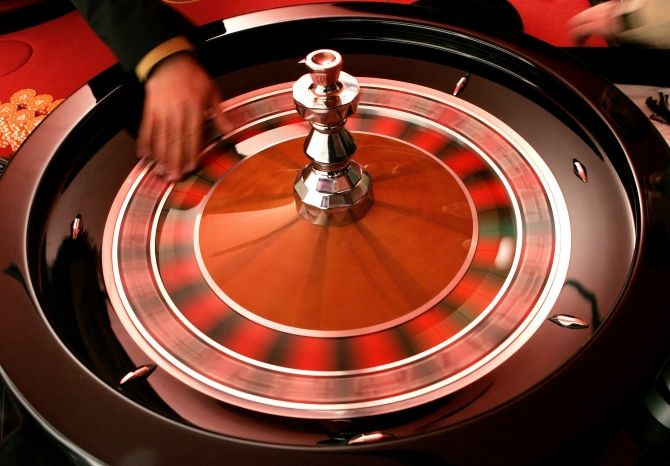Our Brains Are Not Wired to Absorb Surprise Wins

A surprise win can hold you back from taking a risky decision next time, says a new study.
Everybody hates to lose after taking a risk and every loss teaches us what risks to avoid later in life. But, it turns out that even winning something unexpectedly can make us think twice before taking another risk.
Surprises that are good but turn out unexpectedly jeopardize our predictions about the environment which makes even a good surprise not worth the risk. Expected events give a sense of relief while unexpected ones tend to cause anxiety.
"Surprising events are known to cause animals to stop, freeze, orient to the surprising stimulus and update their schemas of how the world works. Our recent research suggests that surprising events also cause people to temporarily reduce risk-taking," Heath Demaree, professor of psychology at Case Western Reserve, said.
The research involved participants who had to play computerized games assuming that they had $50 in their "fictional bank account". Each participant was required to play a game 25 times. Each game had different probability of winning 13% (with big jackpots), 50% (essentially, a coin flip), and 87% (with very small jackpots).
Participants were highly motivated to play and win the game even when the money wasn't real.
"Each game was set to be a ‘fair’ game. That is, if you played for a long period of time, you should break even on average," said Demaree.
59 participants played the gamble game (13 percent) and had some "surprise big wins". Another set of 85 participants were made to play games that had 50 percent and 85 percent chances of winning. However, the last group was given some unexpected losses.
After playing each game, participants were asked questions about their feelings, mood and risk taking desires. Researchers found that surprise events, whether good or bad, produce a temporary aversion to risk.
Published by Medicaldaily.com



























